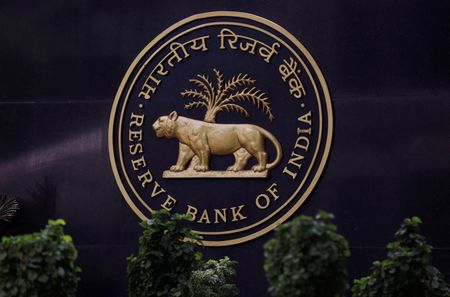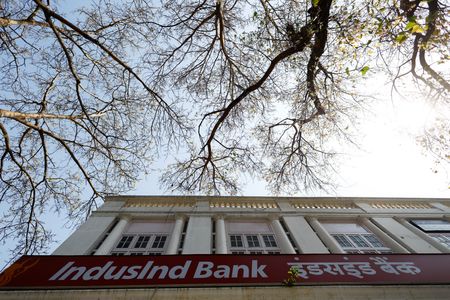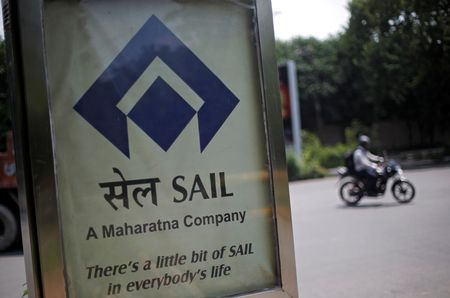By Siddhi Nayak
MUMBAI (Reuters) – India’s central bank said on Friday it has taken control of the board of New India Co-operative Bank for 12 months, a day after its depositors were barred from withdrawing money from the lender.
The action, taken only in situations where depositors’ interests are at risk, came after the Reserve Bank of India found misappropriation of funds at the lender, a person familiar with the matter said, requesting anonymity since he is not authorised to speak to the media.
In its statement on Thursday, the RBI said it found material supervisory concerns at the lender but did not elaborate further.
The central bank did not reply to a Reuters’ email seeking comment. An email sent to the New India Co-operative Bank CEO’s office and the customer care helpline also did not receive a response.
A media contact for the lender was not immediately available for comments.
In the past, the central bank has acted against a number of co-operative banks where management actions have gone against the interest of depositors.
The most prominent of these cases was Punjab and Maharashtra Co-operative Bank where the RBI found financial irregularities and later merged the lender with Unity Small Finance Bank.
The RBI has appointed Shreekant, a former Chief General Manager of State Bank of India, as the administrator to manage the affairs of New India Co-operative Bank, the central bank said in a statement.
The RBI has also formed a Committee of Advisors to assist the new administrator.
Along with halting deposit withdrawals, the RBI has barred the bank from issuing new loans.
Following the RBI’s order, hundreds of depositors gathered outside branches of the troubled lender, news agency ANI, in which Reuters has a minority stake, reported on Friday.
The bank had outstanding deposits of 24.36 billion rupees as of March 31, 2024, and advances of 11.75 billion rupees.
Under the current deposit protection rules, deposits up to 500,000 rupees ($5,762) are insured and should be paid out within 90 days.
The number of customers holding deposits above the threshold is minimal, the person quoted above and another source aware of the central bank’s deliberations said.
($1 = 86.7800 Indian rupees)
(Reporting by Siddhi Nayak and Swati Bhat; Editing by Eileen Soreng)










